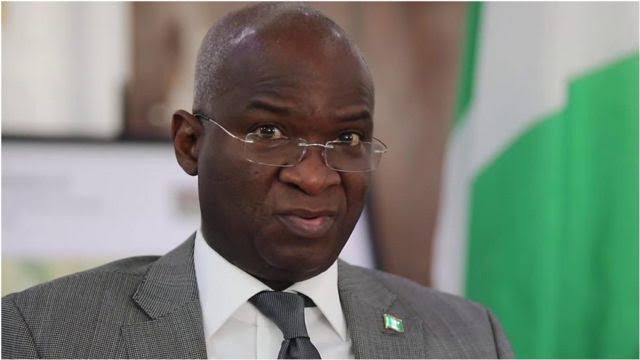AS part of its contribution to addressing insecurity in Nigeria, the United Nations, UN, weekend, advised the Federal Government to promote and ensure reconciliation in all segments of the country.
The UN, while bemoaning the worsening state of the nation, said ensuring national reconciliation would help forestall the outbreak, escalation, continuation, and recurrence of conflicts in the country.
The UN’s Resident Coordinator and Representative of the UN Secretary-General, Dr Ozonnia Ojielo, made this call during a one-day seminar on “Agenda for peace-building in Nigeria, in Abuja.”
According to him, the Federal Government must ensure that the needs of all segments of the population are taken into account, which encompasses activities aimed at preventing the outbreak, escalation, continuation, and recurrence of conflicts, addressing root causes and assisting parties to conflicts to end hostilities.
He said it also entailed ensuring national reconciliation, moving towards recovery, reconstruction, and development, and emphasizing that sustaining peace is a shared task and responsibility that needs to be fulfilled by the government and all other national stakeholders.
Ojielo, however, charged the federal government to take the prevention of conflict as a collective effort by collaborating with local and global, government and non-governmental, and public and private sectors.
In his advocacy to the Federal Government and other concerned stakeholders, he pointed out that they must pursue policies that promote and sustain national cohesion and improve the material well-being of Nigerians.
He said: “The evidence shows that societies that possess more cohesion that have higher income levels; that promote more inclusive economic and political regimes; that have a more diversified economy, and a history of peaceful cooperation among groups will experience less violence.
“So, this is not rocket science. We know it, even in our own lives, it is not rocket science. If you have a history of cohesion, a history of peaceful resolution, the challenge for all of us is why is this not mainstream in our behaviour, in our interactions, as members, as our governments, local governments, state and federal.”


